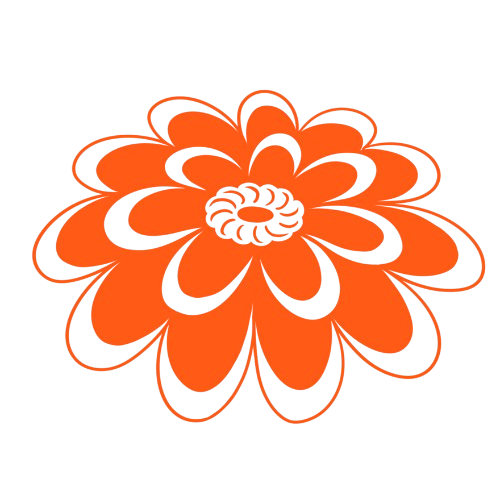Thank you for joining us today. Can you start by introducing yourself and telling us about your background in Ikebana?
When I started as a florist, my mother told me if I am a florist why not to learn something Japanese flower arrangement. I knew Ikebana but I didn’t know that many different styles and history.
Then I decided to take a class every week where my mother recommended.
Ikebana is a centuries-old Japanese art form. How did you first become interested in Ikebana, and what led you to pursue it as a profession?
When I learned from the master teacher who influenced me a lot. She is over 70 years old, elegant manner and enjoy herself. I wanted to be like her.
There are several schools of Ikebana, such as the Ikenobo, Ohara, and Sogetsu. Do you follow one particular school? What is the significance of your chosen style in your practice?

I went to Ikenobo which my mother has been learned.
I started beginner as Shoka form until got a certification.
Ikebana is known for its emphasis on simplicity, asymmetry, and balance. How do you approach the creative process when arranging flowers? What is the first step you take when starting an arrangement?
It is so many things to learn about not only technique but history and philosophy.
It gets complicated to understand if the participants are non Japanese. But it would be better not to much explain how to make each forms over technical things for beginners, I suppose.
Every flower and plant has its own symbolic meaning in Ikebana. How do you choose the materials for your arrangements, and do you consider the seasons, occasion, or even the emotions behind the piece when selecting them?
Of course I consider about season, it is very important for me.
The philosophy behind Ikebana often goes beyond aesthetics. It is deeply connected to nature, life, and spiritual balance. Can you share how these principles influence your work and personal life?
I am lucky to work flowers everyday, I can see or touch the flowers every season. Basically I talk to the flowers everyday.

What is the most challenging aspect of creating an Ikebana arrangement? How do you overcome obstacles, whether they are creative or technical in nature?
The human being disturbs me, I lose my concentration.
In modern times, Ikebana has evolved and influenced many forms of art and design. How do you see the future of Ikebana, and how do you balance traditional practices with contemporary approaches?
I don’t know. For me I work as a florist 25 years, of course, I do challenge, update and create something new that I am curious about flowers or fascinated. But I learned Ikebana that spirit is always inside me.
As an Ikebana artist, you have likely taught or shared your knowledge with others. What do you find most rewarding about teaching this art form to new students?
Ikebana has a lot of rules if you are beginner participant, Probably you won’t get into it.
I focus to explain more Japanese cultures through Ikebana.

Ikebana has a meditative aspect, where one is deeply connected to the process of creating. How does the act of arranging flowers affect your state of mind and your relationship with nature?
Yes, it is a meditation for me. Before I concentrate Ikebana, I close my eyes and deep breath.
I am appreciating nature, we should accept nature and not against nature.
Are there any specific cultural traditions or rituals associated with Ikebana that you observe during your practice? How do these traditions add meaning to the process?
During my practice, I noticed some points I don’t get. (I don’t mention here)
But it is all new to me, why not to know or learn first.

Finally, what advice would you give to someone who is just beginning to explore Ikebana, or who wants to incorporate its principles into their own life?
Ikebana is not only technical florist work.
You need to learn Japanese culture as well then you get more understanding about philosophy and meaning. Why Japanese find a beauty in imperfect stuff etc.
Thank you so much for sharing your insights today. Is there anything else you would like to add, or any final thoughts about the significance of Ikebana in the world today?
It has been very tricky situation in the world.
People are being more egoistic, forget appreciation that I feel.
Through working with plants(nature) we learn something, we realise something.
Learning Ikebana is one of the way to blow your mind.


